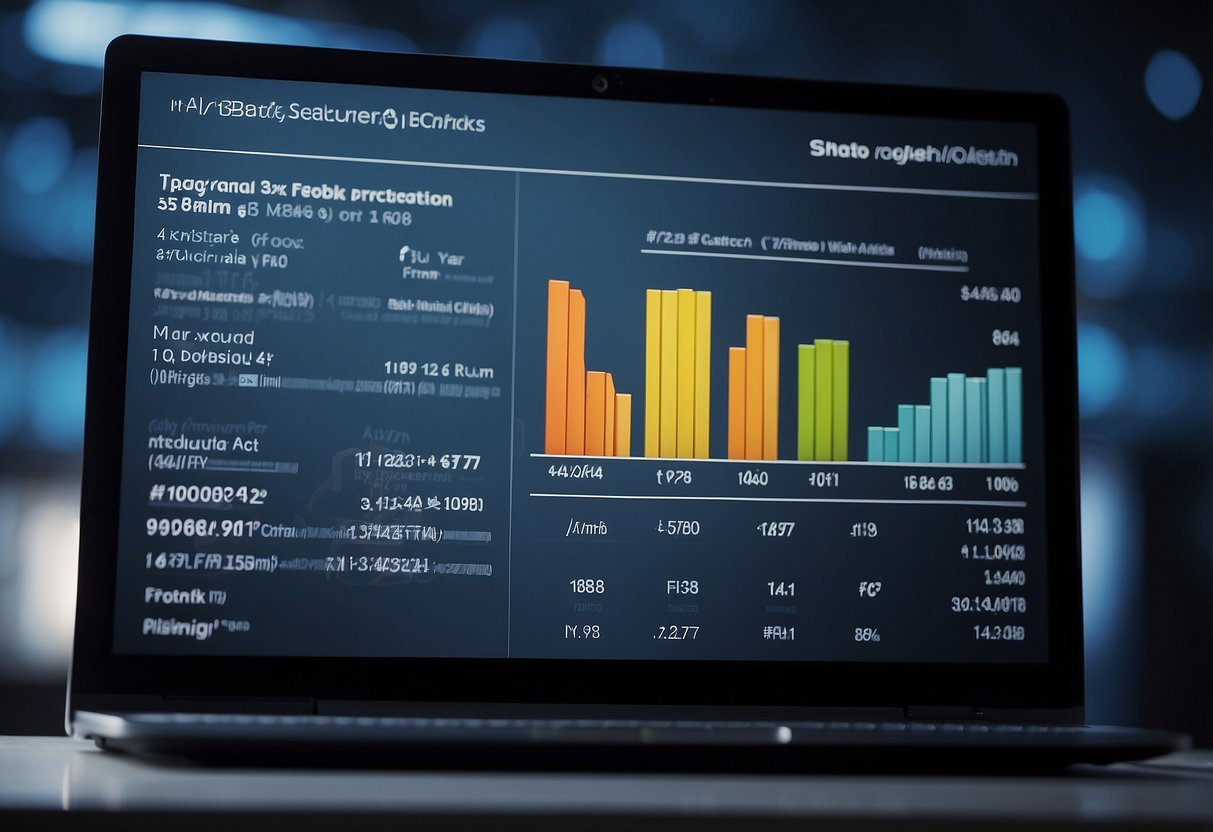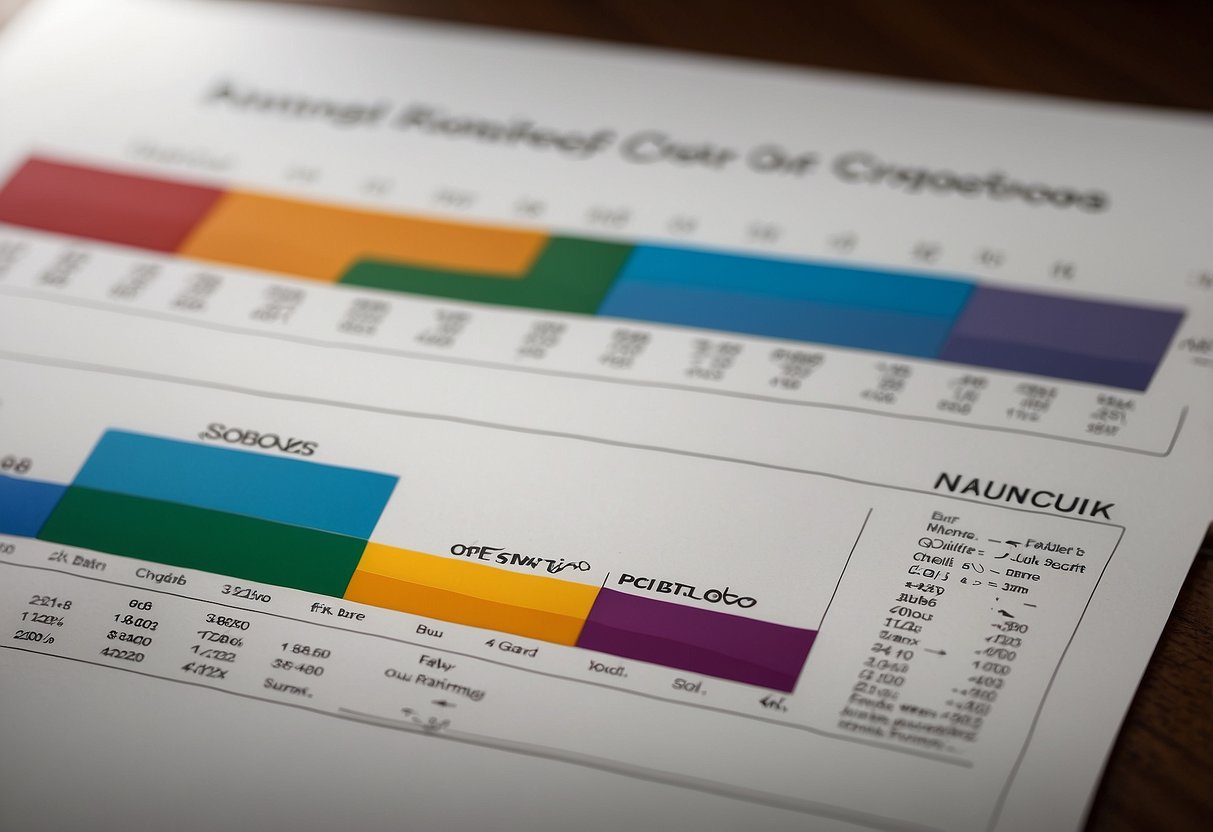
Length of Credit History
The length of time a person has held credit accounts contributes to their credit score. Longer credit histories provide more data on a person’s borrowing behavior. This aspect includes the age of the oldest account, the age of the newest account, and the average age of all accounts. A longer, well-managed credit history can result in a higher score.
Types of Credit in Use
The diversity of credit accounts also affects scores. This includes credit cards, mortgages, car loans, and other types of credit. Having a mix of credit types is favorable because it demonstrates the ability to manage different kinds of debt. Lenders like to see varied credit as it shows experience with multiple forms of financial responsibility.
New Credit Inquiries
New credit inquiries are another factor in credit score calculations. When someone applies for new credit, lenders perform a “hard inquiry,” which can slightly lower the score. Too many inquiries in a short period can be a red flag to lenders. It’s important to apply for new credit only when necessary to maintain a stable score.
Checking Your Credit Score
Knowing your credit score is crucial for making informed financial decisions. It affects your ability to secure loans, get favorable interest rates, and even find housing.
Ways to Access Your Score
There are several ways to check your credit score. Many banks and credit card companies offer free credit score updates to their customers. These updates are typically available through online banking or mobile apps. Additionally, there are independent websites that provide free and paid credit score services. Some of these sites offer a more comprehensive look at your credit history and scores from different bureaus.
Another way is to request a credit report from the major credit bureaus: Experian, TransUnion, and Equifax. By law, you are entitled to one free credit report from each bureau annually through AnnualCreditReport.com. Keep in mind that while your credit report is free, you might have to pay to see your actual credit score.
Understanding Your Report
When accessing your credit report, it’s essential to understand the various components. Your report will include your personal information, credit accounts, credit inquiries, and public records. Personal information includes your name, address, and employment history. Credit accounts detail your history with various types of credit like credit cards, mortgages, and loans.
Credit inquiries are split into two types: hard inquiries, which can affect your score, and soft inquiries, which do not. Hard inquiries occur when you apply for new credit, while soft inquiries happen when your credit is checked for non-lending purposes. Public records can include bankruptcies, liens, and judgments, which can significantly impact your credit score. Reviewing your report for accuracy is crucial to ensure there are no errors that could negatively affect your score.
Factors Affecting Your Credit Score

Several critical factors influence your credit score, including payment history, credit card balances, and loan diversity. Each aspect plays a significant role in shaping your overall credit profile.
Impact of Late Payments
Late payments have a substantial impact on your credit score because payment history makes up a significant portion of your score. Consistently missing payment deadlines can cause your credit score to drop significantly. Credit bureaus record that late payments can stay on your credit report for up to seven years. The more recent the late payment, the more it affects your score.
Different creditors report late payments at various intervals, commonly at 30, 60, and 90 days past due. The severity and frequency of late payments affect how enduring the damage is. It’s essential to make payments on time to maintain a healthy credit score.